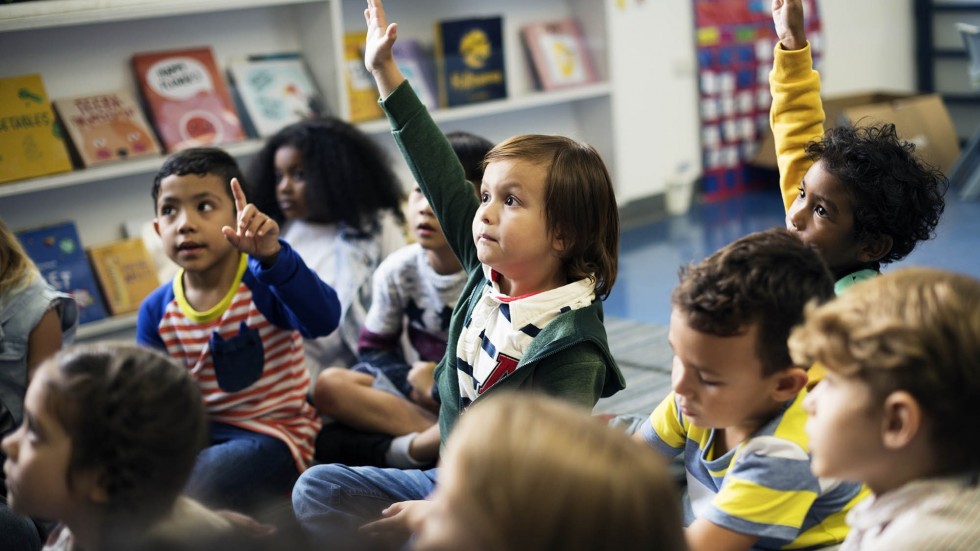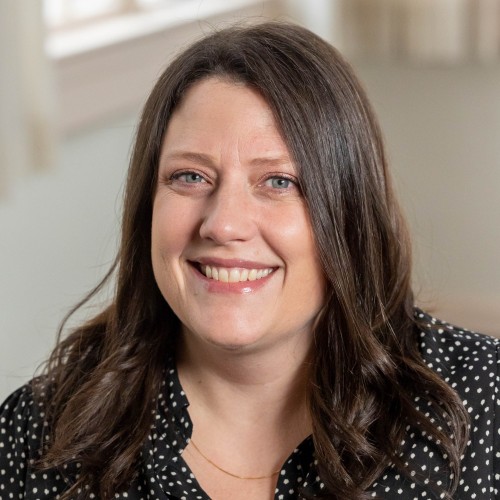Special Education, PreK-8 Teacher Licensure Specialization
This teacher licensure specialization leads to a master's degree in inclusive education and Massachusetts initial licensure in special education, PreK-8.

Program Overview
The Inclusive Education Master's Degree Program prepares educators to create and lead equitable classroom environments that encompass a range of student needs and promote equity, social justice, diversity and accessibility.
In this program, students will:
- Develop pedagogical skills to teach diverse learners
- Design and implement equitable curricula for grades PreK-8
- Explore intersectionality, inclusivity and universal design
- Learn to foster care, connection and community with young learners and their families
All inclusive education master's students are required to take five core inclusivity courses as well as the coursework for their licensure. For the Special Education, PreK-8 Teacher Licensure Specialization, courses such as Striving Readers & Writers: Literacy in Special & Inclusive Education and Mathematics for Diverse Learners prepare educators to create and lead an inclusive classroom environment for diverse learners in grades PreK-8.
Sample Courses
Mathematics for Diverse Learners
Curricular Innovations & Assistive Technology
Experiential Learning Opportunities
Our inclusive education graduate students engage in action research, semester-long project-based learning, intensive residency and research with faculty.
Practica Placements
Licensure students complete practica placements at both urban and suburban sites as well as specialized locations. This is an opportunity for students to observe, assist and teach in a range of educational settings. All licensure students are required to complete a field experience or internship.
Partnerships
Stonehill has partnerships with several area school districts as well as specialized locations. Residency students can work in diverse settings at our public and private partner sites, including the League School and South Shore Educational Collaborative, among others.
Students pursuing a master's degree leading to initial licensure in special education, PreK-8 can pursue their degree coursework at one our off-campus instructional sites, Stonehill on Cape Cod or Stonehill in Boston.
Project-based Learning
In courses such as Curricular Innovations & Assistive Technology, students complete a semester-long assistive technology project focused on increasing curricular access.
Student Research
Students have the opportunity to work with faculty on research in a variety of areas. In 2019, three students worked with Elizabeth Stringer Keefe to examine the process of the Individualized Education Program (IEP) from the perspective of both parents and educators and presented their findings at the Massachusetts Council for Exceptional Children Annual Conference.
Contact Information
Graduate & Professional Studies Admission assists students as they explore graduate and professional opportunities offered at Stonehill College.
Meet the Director of Graduate Teacher Education
